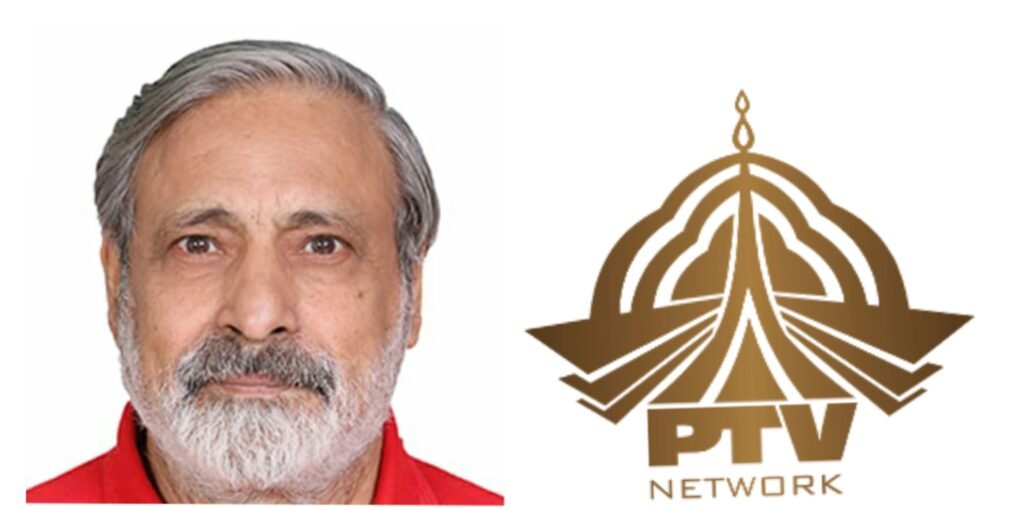Pakistan Television (PTV), once the heart of national storytelling, is now struggling with financial and operational crises. Many talk about delayed pensions and poor management, but the real problem runs deeper—decades of weak policies, fading creativity, and poor leadership. PTV license fee.
In its golden years, PTV produced dramas like Waris, Dhoop Kinare, Tanhaiyan and Alpha Bravo Charlie—shows that brought families together and reflected the nation’s values. Back then, PTV wasn’t just a TV channel; it was part of Pakistan’s identity. Over time, however, in-house creative teams were pushed aside in favor of outsourced producers. This killed the sense of pride and weakened the institution from within.
One major support for PTV was the television license fee. Introduced in the 1960s and later collected through electricity bills from 2004, this fee generated nearly Rs. 800–900 million monthly. It wasn’t a burden but a shared investment in keeping a national broadcaster alive. For two decades, no one seriously opposed it—proof that people understood its importance.
Recently, the government suddenly stopped this fee without any plan to replace the lost funding. This decision has put employee salaries, pensions, and technical maintenance at risk. More importantly, it threatens PTV’s role as a cultural and informational pillar.
Public broadcasters like PTV are not meant to be profit-making businesses. They exist to protect national identity and provide inclusive content beyond market pressures. If the fee had to end, it should have been done gradually with new funding plans.
PTV is more than a TV station—it is a memory bank of Pakistan’s culture and history. Letting it fade away shows how little we now value our shared national story.
By Shahid Mian – Retired GM/Director of PTV


